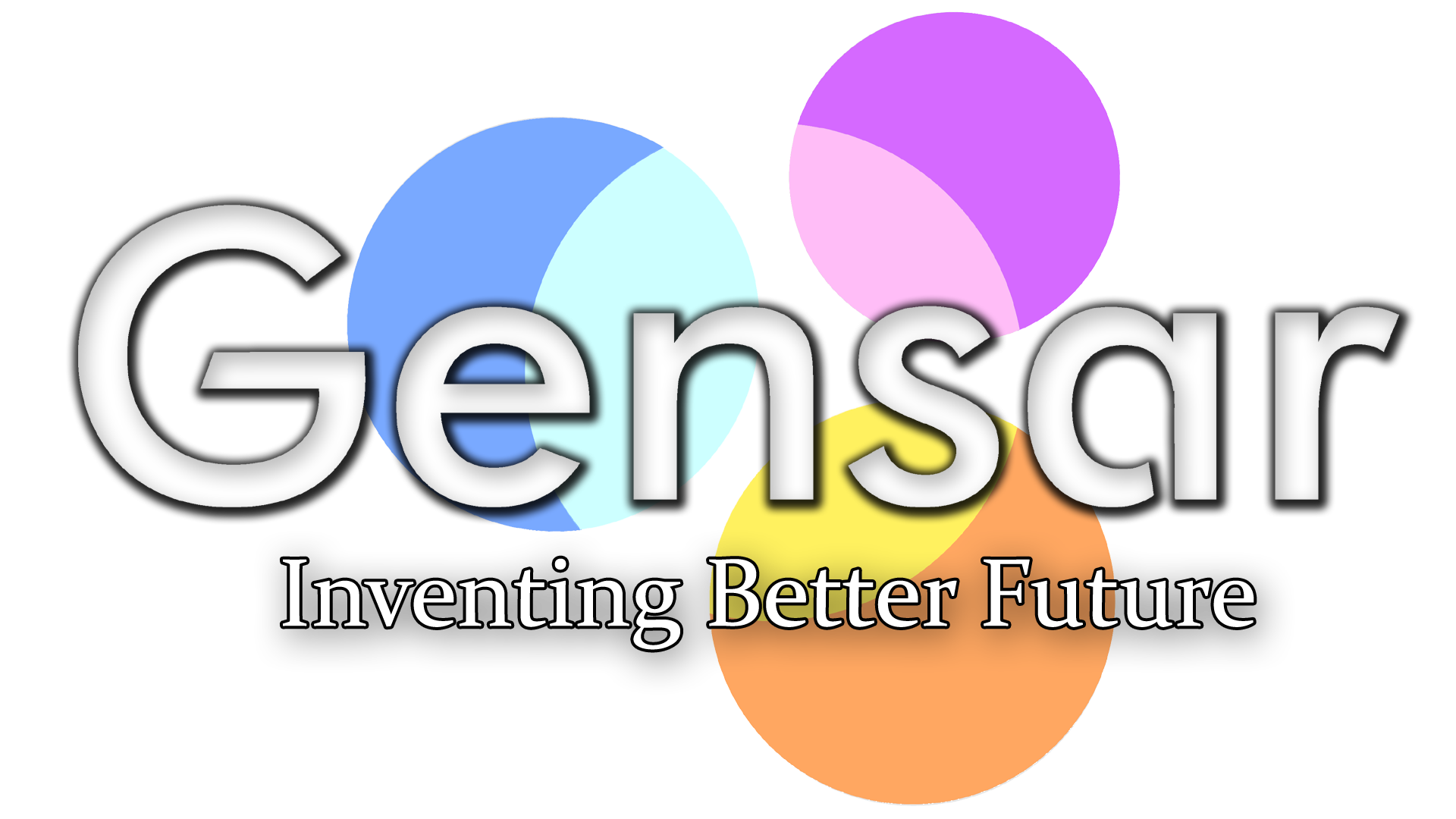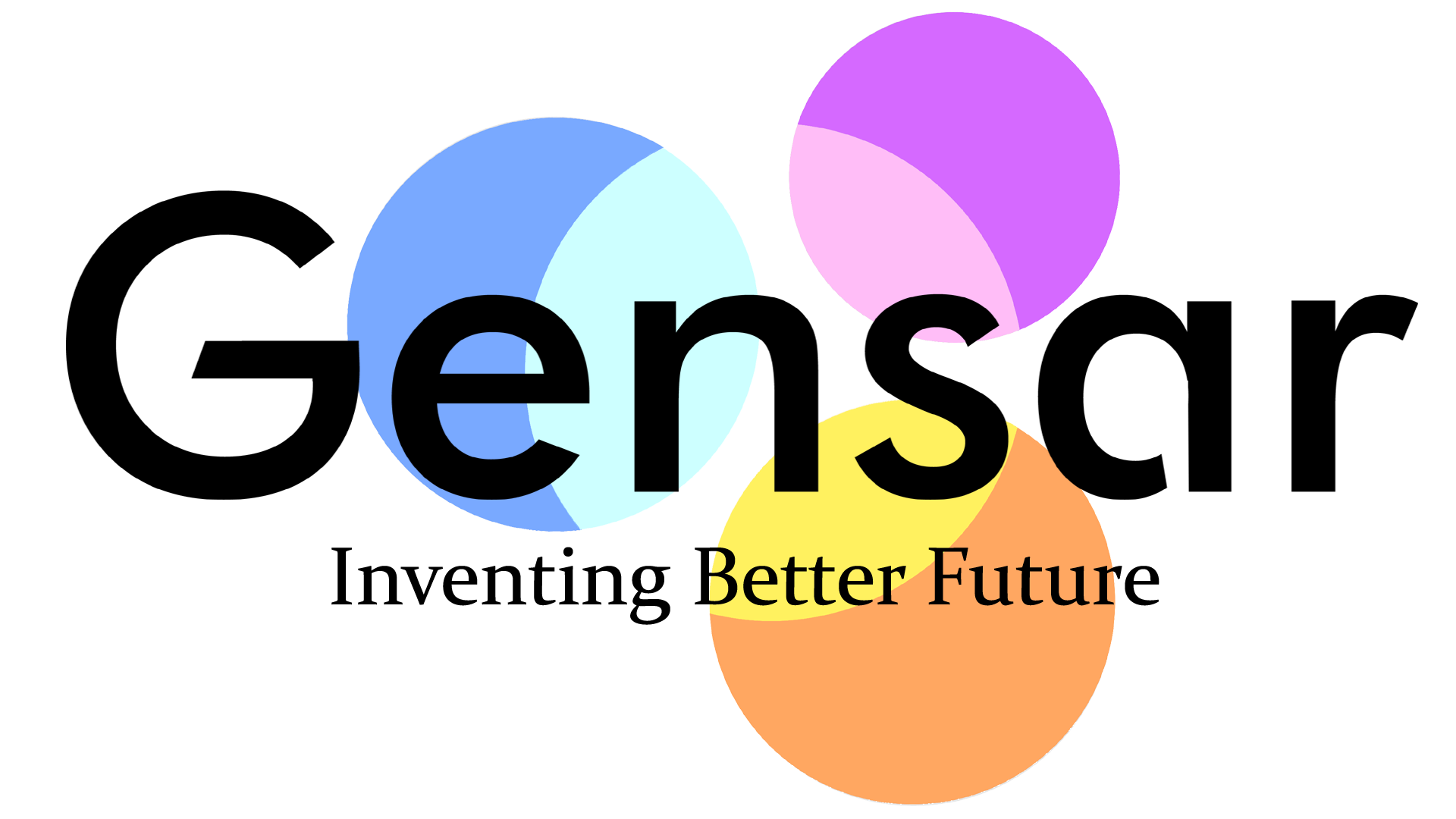Introduction: In recent years, the pharmaceutical industry has undergone a remarkable transformation, thanks to the integration of artificial intelligence (AI) and machine learning (ML) technologies. These cutting-edge innovations are revolutionizing every aspect of drug discovery, development, and patient care. Let’s delve into the profound impact that AI and ML are having on the pharmaceutical landscape.
Enhanced Drug Discovery: Traditionally, the process of drug discovery has been laborious, time-consuming, and costly. However, AI and ML algorithms are changing the game by accelerating the identification of potential drug candidates. By analyzing vast datasets comprising molecular structures, biological targets, and clinical trial results, these algorithms can predict the efficacy and safety of compounds with unprecedented accuracy. This not only expedites the discovery of new drugs but also facilitates the repurposing of existing medications for different indications.
Personalized Medicine and Treatment Optimization: One of the most promising applications of AI and ML in healthcare is the advancement of personalized medicine. By analyzing genetic profiles, clinical histories, and real-time patient data, these technologies enable healthcare providers to tailor treatment plans to individual patients. This approach enhances therapeutic outcomes, minimizes adverse reactions, and optimizes medication adherence. Moreover, AI-powered predictive analytics empower clinicians to anticipate disease progression and intervene proactively, ushering in a new era of preventive healthcare.
Streamlined Clinical Trials and Regulatory Compliance: Clinical trials are the cornerstone of pharmaceutical research, but they are often plagued by inefficiencies and regulatory hurdles. AI and ML offer innovative solutions to these challenges by optimizing trial design, patient recruitment, and data analysis. By leveraging predictive modeling and data-driven insights, researchers can identify suitable patient populations, predict trial outcomes, and streamline regulatory submissions. This not only accelerates the development of new therapies but also ensures compliance with stringent regulatory requirements.
Precision Diagnosis and Imaging Analysis: In addition to drug discovery and clinical trials, AI and ML are revolutionizing diagnostic imaging in healthcare. Advanced algorithms can analyze medical images such as X-rays, MRIs, and CT scans with unprecedented speed and accuracy, aiding in the early detection and diagnosis of diseases. Moreover, these technologies facilitate the interpretation of complex imaging data, enabling clinicians to make more informed decisions and improve patient outcomes.
Ethical Considerations and Future Outlook: While the potential benefits of AI and ML in pharmaceuticals are vast, they also raise important ethical considerations. Concerns regarding data privacy, algorithm bias, and the responsible use of AI-powered technologies must be addressed to ensure equitable access to healthcare and safeguard patient rights. Looking ahead, the future of AI and ML in the pharmaceutical industry holds immense promise. With continued innovation, collaboration, and regulatory oversight, these technologies will play a pivotal role in advancing medical science, improving patient care, and ultimately saving lives.
Conclusion: In conclusion, the integration of artificial intelligence and machine learning is transforming the pharmaceutical industry in unprecedented ways. From accelerating drug discovery to personalizing patient care, these technologies are driving innovation, efficiency, and efficacy across the healthcare continuum. As we navigate the opportunities and challenges presented by AI and ML, it is imperative to prioritize ethical considerations, foster interdisciplinary collaboration, and harness the full potential of these groundbreaking technologies to enhance human health and well-being.


